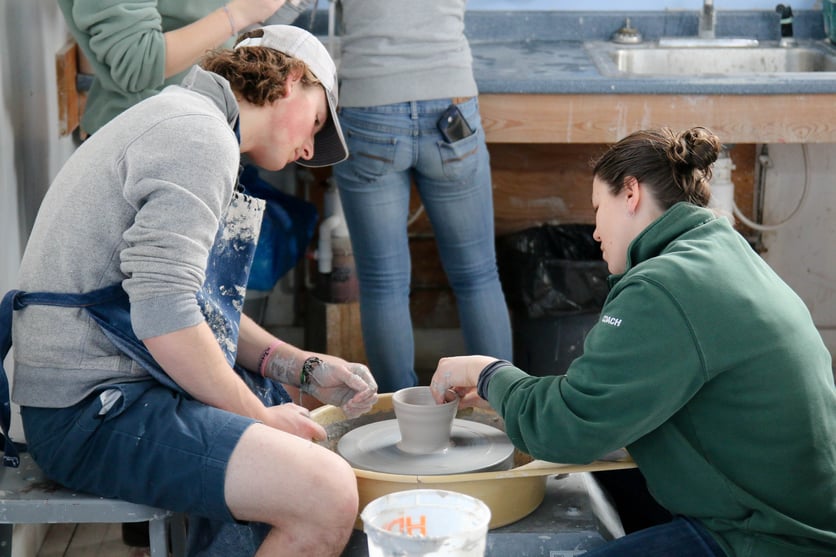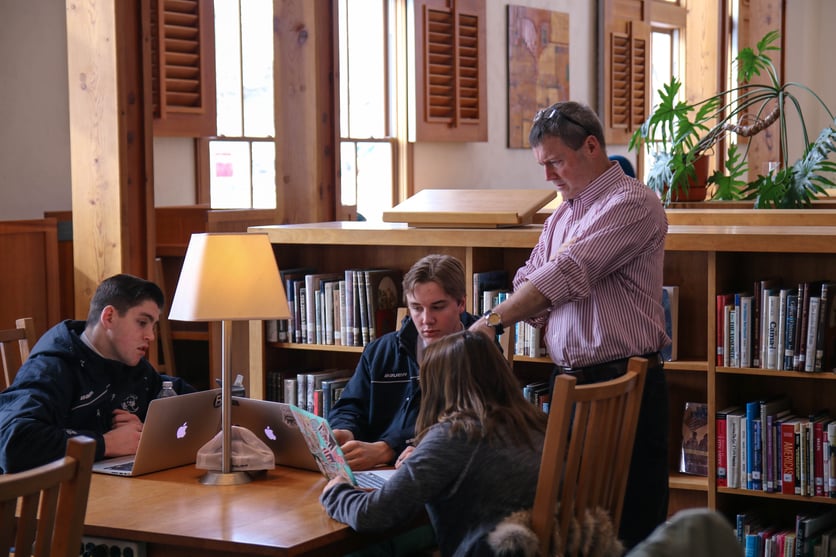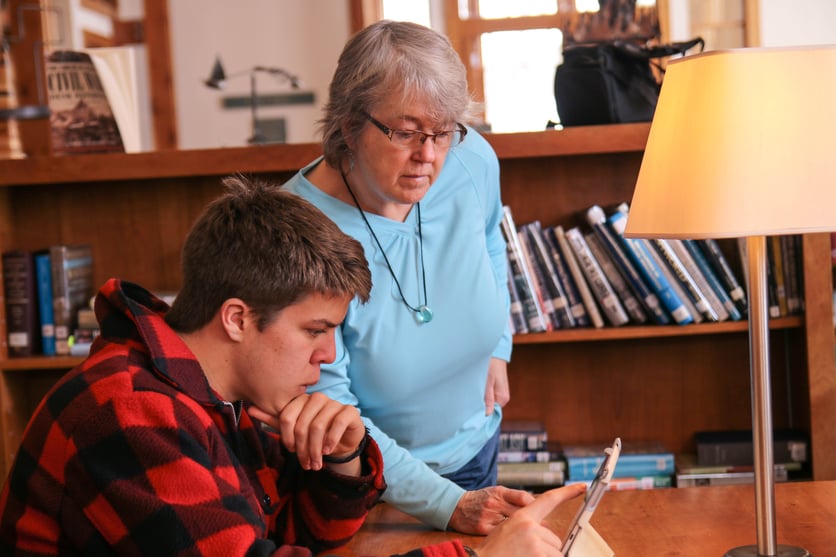We talk to our athletic teams about mental toughness all the time; the ability to face adversity with confidence and determination. The same conversations echo through our classrooms. During this final stretch of the Winter Term, classes work toward culminating projects. Students synthesize research, thesis statements, and body paragraphs into term papers, conduct labs in science courses, and begin to prepare for final exams. Challenges abound.

Our willingness as educators to coach students through the moments of adversity that inevitably arise this time of year helps build our student's mental fortitude that is essential to persistent learning.

Sometimes we might be tempted to tell students to “suck it up” or “fight through and get the job done”. Unfortunately, this approach to developing mental toughness fails to acknowledge the inherent self-doubt that enters our lives when difficult situations arise. Instead, we need to help students first identify the challenges they are facing before working alongside them to develop strategies to navigate the obstacles in their way.

In order to develop mental toughness, students must first have confidence in themselves and their abilities. This confidence develops over time, through repetition and positive reinforcement derived from small successes. This confidence undergirds mental toughness and is just as important in conducting an AP Environmental Science lab as it is in performing during a hockey game.

As Ross Young shared with his self-defense activity when discussing the need for a strong mind, as well as a strong body, “The only way you are going to stretch those boundaries and grow is by pushing those boundaries. A strong body is good, but a strong mind is great.”








